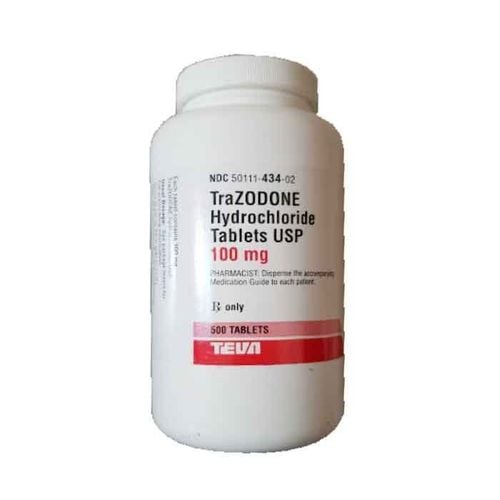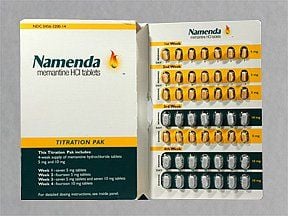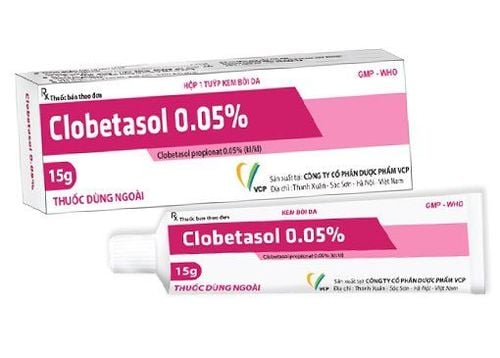This is an automatically translated article.
Corticosteroids have many effects and are widely used in clinical practice, but this is also a group of drugs with many side effects. To limit the side effects of corticosteroids, it is necessary to be careful from both the physician and the user.
1. What are the effects of corticosteroids?
Corticosteroid drug group (corticosteroid) includes many drugs such as cortisone, hydrocortisone, prednisolone, methylprednisolone... These drugs have anti-inflammatory, anti-allergic, immunosuppressive effects similar to the hormone cortisol produced by the body. by the adrenal gland.
What are the effects of corticosteroids? Corticosteroids are widely used to support the treatment of diseases such as:
Asthma, bronchitis, chronic obstructive pulmonary disease Arthritis, multiple sclerosis Autoimmune diseases such as rheumatoid arthritis, lupus, disease Crohn's,... Severe allergic reactions Suppresses the immune system to prevent organ rejection Skin conditions such as rash, psoriasis, eczema, irritation from insect stings,... Hormone replacement cortisol when the adrenal glands are weakened (such as Addison's disease), do not produce enough of these hormones. Corticosteroids have many dosage forms, depending on the condition of the disease, the doctor may prescribe systemic or local administration. Topical drugs include eye drops, ear drops, skin lotions, sprays or sprays to act on the lungs,... Systemic drugs can be injected or taken orally. Unlike topical drugs, systemic drugs are absorbed into the bloodstream and affect many parts of the body.

Thuốc corticoid hiệu quả trong việc điều trị bệnh vẩy nến
2. Side effects of corticosteroids
Although they are an important group of drugs with many therapeutic roles, corticosteroids have many side effects. If used improperly or abused, the drug will seriously affect the patient's health.2.1. Side effects of oral corticosteroids
Oral corticosteroids are systemic drugs, and because they are widely used, this form of medicine has the highest risk of side effects. The risk of side effects is proportional to the dose of the drug used by the patient. Common side effects include:
Glaucoma Water retention, causing leg edema Increased blood pressure Mental status changes, memory loss, confusion, delirium,... Weight gain, fat storage in the abdomen, Face and back of the neck If oral corticosteroids are used for a long time, the patient may experience the following conditions:
Cataracts in one or both eyes Increased blood sugar, which can cause diabetes or aggravate existing diabetes. Increased risk of infection Osteoporosis and increased risk of fracture Adrenal insufficiency leads to symptoms such as fatigue, loss of appetite, nausea, and muscle weakness. Thin skin, bruises, slow healing wounds
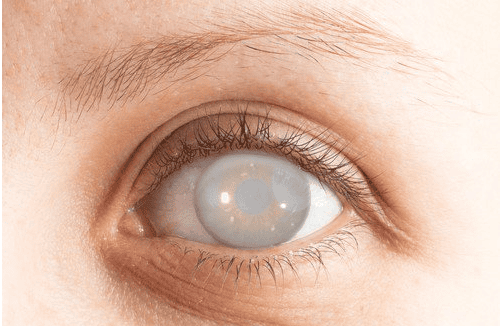
Khi dùng corticoid đường uống có thể gây đục thể tinh thể
2.2. Side effects of inhaled corticosteroids
When using inhaled corticosteroids for the treatment of respiratory diseases such as asthma, chronic obstructive pulmonary disease,... the drug may be deposited in the mouth or throat instead of reaching the lung's target. This condition will cause:
Fungal infection in the mouth Hoarseness Cough, sore throat Mild nosebleeds Gargling with salt water after taking inhaled corticosteroids can reduce the risk of mouth and throat irritation. In addition, some studies have shown that inhaled corticosteroids can slow growth in children when used to treat asthma.
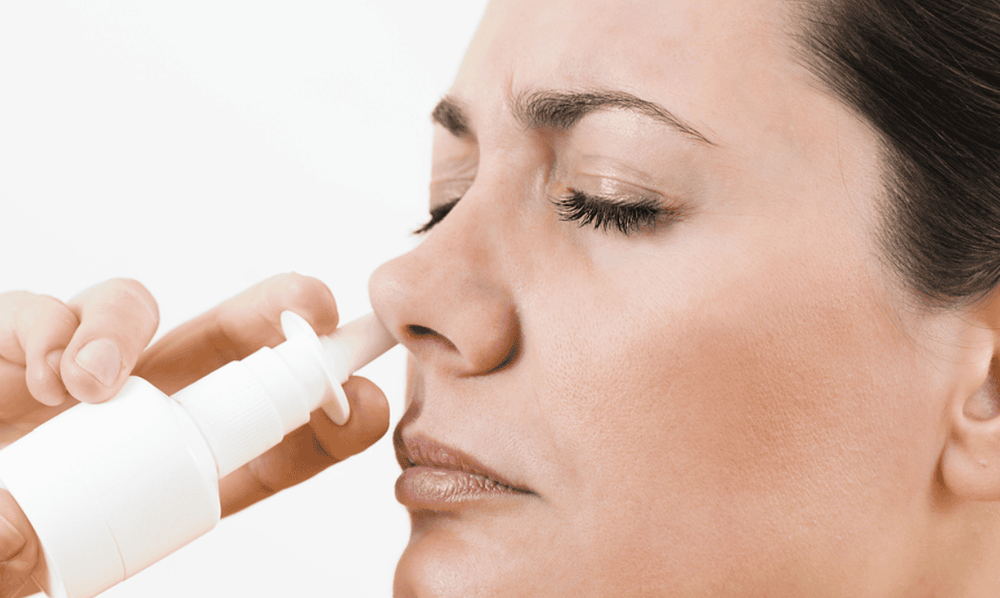
Thuốc corticoid ở dạng hít
2.3. Side effects of topical corticosteroids
Topical corticosteroids can cause thinning of the skin, atrophy, redness, hypopigmentation, itching, acne, hirsutism,...
MORE: Note the side effects of topical ointments Contains Corticosteroids
2.4. Side effects of injectable corticosteroids
Using injectable corticosteroids can cause side effects at the injection site, including skin atrophy, pale skin, bleeding at the injection site, pain at the injection site, etc. Other side effects include flushing of the face. , insomnia, hyperglycemia, increased risk of infection,...
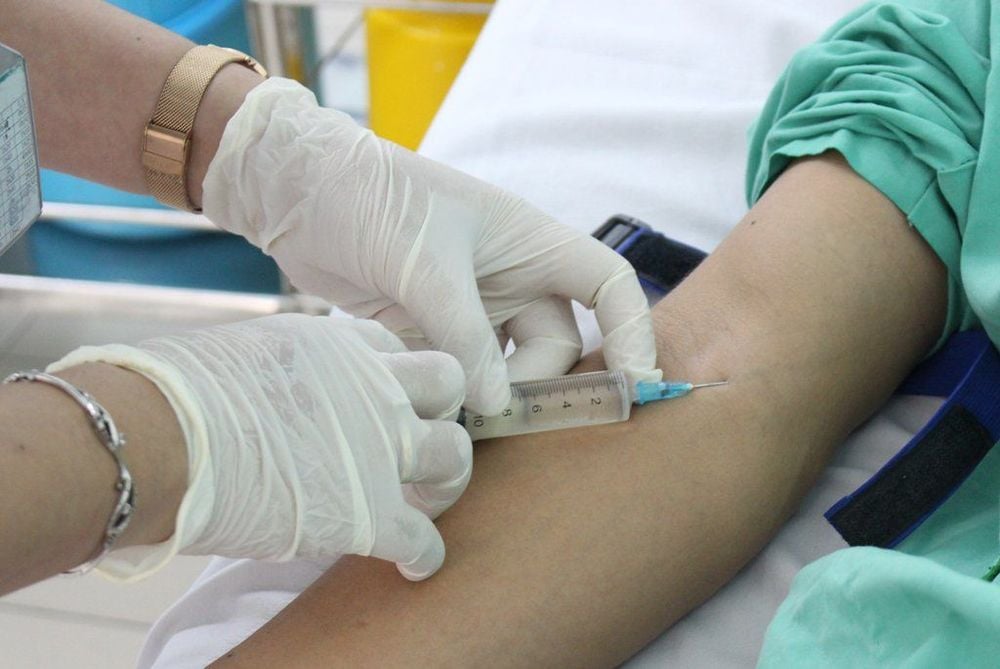
Corticoid dạng tiêm có thể gây chảy máu tại chỗ
3. How to minimize the side effects of corticosteroids
To minimize the risk of side effects when using corticosteroids for patients, doctors need to pay attention to the following factors when prescribing:
Weigh the benefits and risks before using corticosteroids for patients. patient. If medication is indicated, use corticosteroids at the lowest effective dose and avoid long-term use. Side effects of corticosteroids will be proportional to the dose and length of treatment. Therefore, patients who take the drug in high doses and for a longer time are at greater risk of having a complication. Locally acting formulations are preferred to reduce systemic side effects. Select corticosteroids with short or moderate half-life, and limit the use of long-acting drugs because the risk of side effects from corticosteroids will be higher. When taken for a long time, the adrenal glands produce less of the hormone cortisol. The adrenal glands take a long time to recover, so the drug should not be stopped abruptly to avoid the risk of acute adrenal insufficiency. Your doctor will have a regimen of taking medication every other day and reducing the dose before stopping the drug completely. Adrenal insufficiency due to corticosteroid use is also common in the elderly, so close monitoring of these patients is required. After stopping the use of corticosteroids, patients may experience loss of appetite, fatigue, and depression. These phenomena will recover after a while. If necessary, give the patient medication to treat symptoms, but limit the use of corticosteroids. SEE ALSO: Can dermatitis caused by the use of corticosteroids be treated?
On the patient's side, please strictly follow the doctor's treatment instructions, do not arbitrarily stop the drug without the doctor's consent. During drug treatment, follow a healthy diet, increase protein, limit glucose, sugar, and fat; Increase your intake of foods rich in vitamin D and calcium to limit the risk of osteoporosis. Ask your doctor about taking calcium and vitamin D supplements in pill form to help protect your bones. Limit the use of salt if taking high doses of drugs or when experiencing phenomena such as edema, high blood pressure, unusual weight gain. See your doctor regularly to detect side effects early.
Please dial HOTLINE for more information or register for an appointment HERE. Download MyVinmec app to make appointments faster and to manage your bookings easily.
References: .mayoclinic.org, healthline.com




